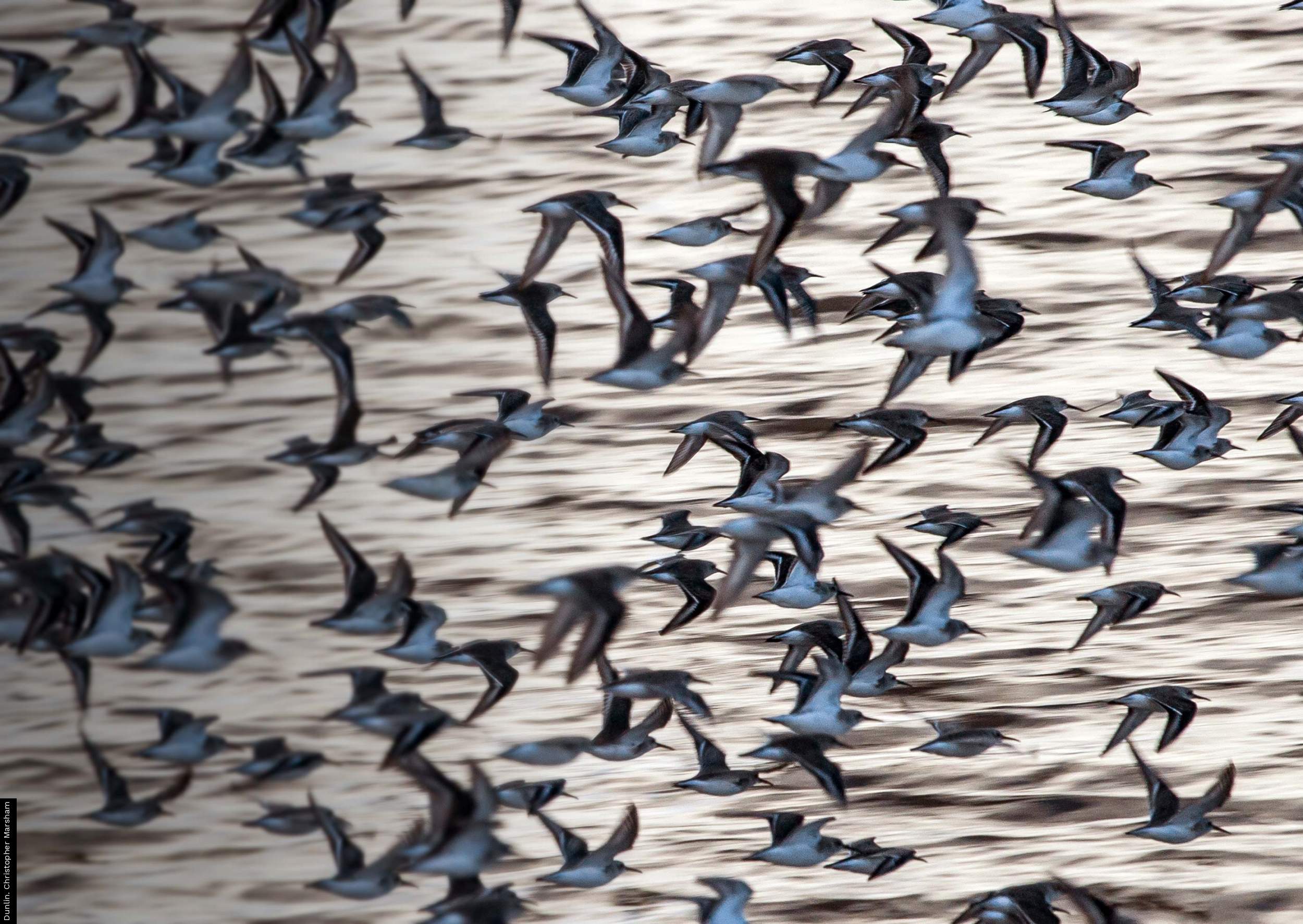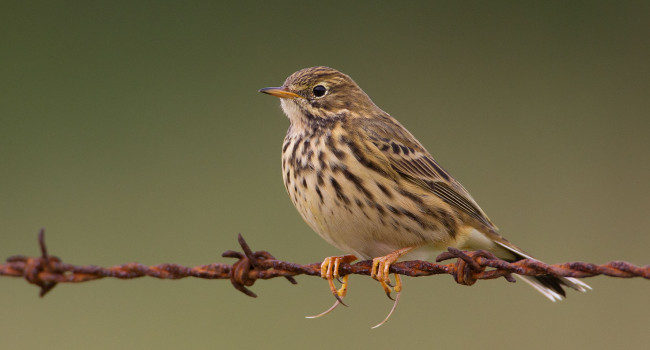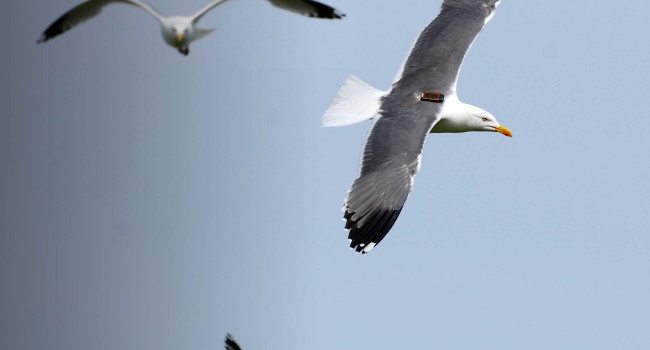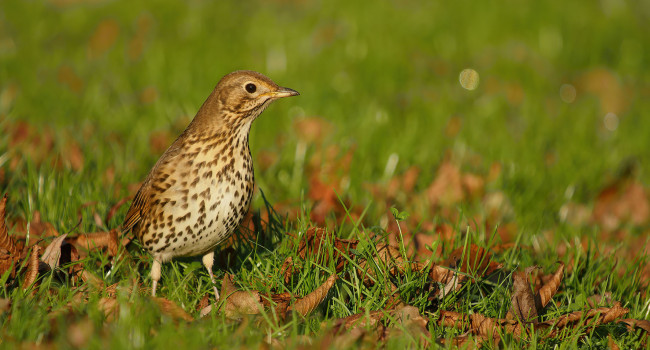Latest update on the contrasting fortunes of Britain's birds
01 Nov 2010 | No. 2010-11-47
As the International Year of Biodiversity draws to a close, the publication of the BTO/JNCC Breeding Birds in the Wider Countryside Report highlights the latest increases and declines in UK bird populations.
that has experienced a reduction in
breeding success
The need to monitor and maintain biodiversity, the number and variety of species found in habitats across the planet, has been at the fore of the conservation agenda in 2010, culminating in the recent conference in Nagoya. The latest Breeding Birds in the Wider Countryside Report, published this week, uses data collected by volunteer surveyors to determine the contrasting fortunes of 117 British bird species over the last 40 years.
“The latest figures show that numbers of one in five of these species have fallen by more than 50% since the 1960s,” explained Dr David Noble, a Principal Ecologist at the British Trust for Ornithology, who produce the report in partnership with the UK Government’s adviser - the Joint Nature Conservation Committee (JNCC). Recent steep declines identified by the BTO/JNCC/RSPB Breeding Bird Survey suggest that Nightingale, Whinchat and Pied Flycatcher may be next in line to join this group.
Data collected by bird ringers and nest recorders help to shed light on factors responsible for these trends. “A number of declining species have also experienced a reduction in breeding success, including Spotted Flycatcher, Willow Warbler and Linnet” notes Dr Dave Leech, a Senior Population Ecologist at BTO. “The fact that 39 species are continuing to advance their laying dates also shows that climate change is influencing their breeding behaviour with potentially severe consequences, particularly for woodland insectivores such as Pied Flycatcher.”
It’s not all bad news, though, as 18 species have doubled in number over the same time period. A reduction in persecution coupled with increasing rabbit numbers may have allowed Buzzard populations to increase and expand. Great Spotted Woodpecker and Woodpigeon are increasingly utilising food provided in gardens and, along with species such as Green Woodpecker and Nuthatch, may also be benefiting from warmer winters.
“This report provides another example of how a changing climate has already had substantial impacts on our native wildlife,” said Dr Ian Mitchell, JNCC’s Senior Monitoring Ecologist. “These annual updates provide us with vital evidence to help guide the ways we use the land to meet the demands of an expanding human population in a changing climate, without risking the long-term future of our native birds.”
To see the full report, please visit, http://www.bto.org/birdtrends2010/index.htm
Notes for Editors
- The Joint Nature Conservation Committee (JNCC) is the statutory adviser to the UK Government and devolved administrations on UK and international nature conservation. Its work contributes to maintaining and enriching biological diversity, conserving geological features and sustaining natural systems. www.jncc.gov.uk
- The BTO is the UK’s leading bird research organisation. Over thirty thousand birdwatchers contribute to the BTO’s surveys. They collect information that forms the basis of conservation action in the UK. The BTO maintains a staff of 100 at its offices in Norfolk and Stirling, who analyse and publicise the results of project work. The BTO’s investigations are funded by government, industry and conservation organisations.
Contact information
Dr Dave Leech (BTO)
Office: 01842 750050 (9am to 5.30pm)
Email: nrs [at] bto.org
Paul Stancliffe (BTO Press Officer)
Office: 01842 750050 (9am to 5.30pm)
Mobile: 07845 900559 (anytime)
Email: press [at] bto.org
Kirsty Meadows (JNCC Press Office)
Office: 01733 866839
Email: kirsty.meadows [at] jncc.gov.uk
Images are available for use alongside this News Release
Please contact images [at] bto.org quoting reference 2010-11-47
The BTO has an ISDN line available for radio interviews
Please contact us to book an interview
Office: 01842 750050






Share this page